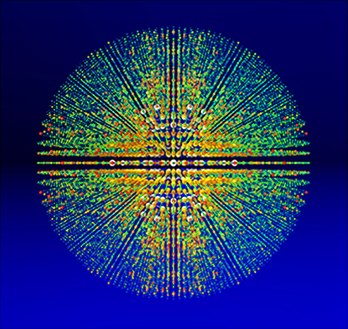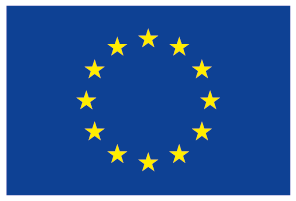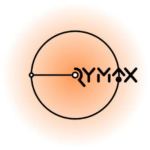Quantum Gases Group
At temperatures close to absolute zero neutral atoms offer an ultimate degree of control over all system parameters. We investigate bosonic, fermionic and mixed quantum gases in different trapping potentials like triangular and hexagonal optical lattices and explore the fascinating world of quantum mechanical many-body phenomena.
Our group works at the forefront of current quantum gas research: quantum magnetism, topological quantum matter, optical atomic clocks and single-atom imaging. Beyond that we explore the interplay of ultracold gases with solid state systems and ultra-short light pulses.
If you are interested in joining our highly motivated team at any level of scientific career, please contact Prof. Dr. Klaus Sengstock.
Overview of the research topics
Important research structures

Functionalities are at the heart of the cluster of excellence „CUI: Advanced Imaging of Matter“. Atoms bind together and form solids, molecules interact and react - new functionalities emerge with increasing complexity and growing system size. 160 scientists from different disciplines such as physics, chemistry, and structural biology have joined forces to observe, understand, and control these processes.
The quantum gases group is a central part of research area A of the cluster. Klaus Sengstock is together with Henry Chapman and Horst Weller speaker of AIM.

The EFRE project Hamburg Quantum Computing aims to develop and utilize quantum computing technologies through an interdisciplinary approach, integrating quantum physics, microsystems technology, high-frequency technology, and computer science. Our goal is to establish an ecosystem in Hamburg that supports both the development and manufacturing of quantum computers and the expertise to use them effectively. This effort combines the University of Hamburg's knowledge in quantum computer concepts based on freely programmable atom traps with the engineering strengths of the Hamburg University of Technology.

Together with a a team of scientists from the University of Kaiserslautern and the Fraunhofer ITWM we join forces with leading tech companies on the mission to build a quantum computer capable of solving today’s real-world problems. To achieve this goal, we are building Rymax One – a quantum computer specifically designed to solve optimization problems which are intractable on classical computers. We are confident that Rymax One will enable more efficient supply chains, vehicle routing, and even power grids – and thereby demonstrate the potential of quantum computing to tackle industry-relevant problems for a more sustainable future.





